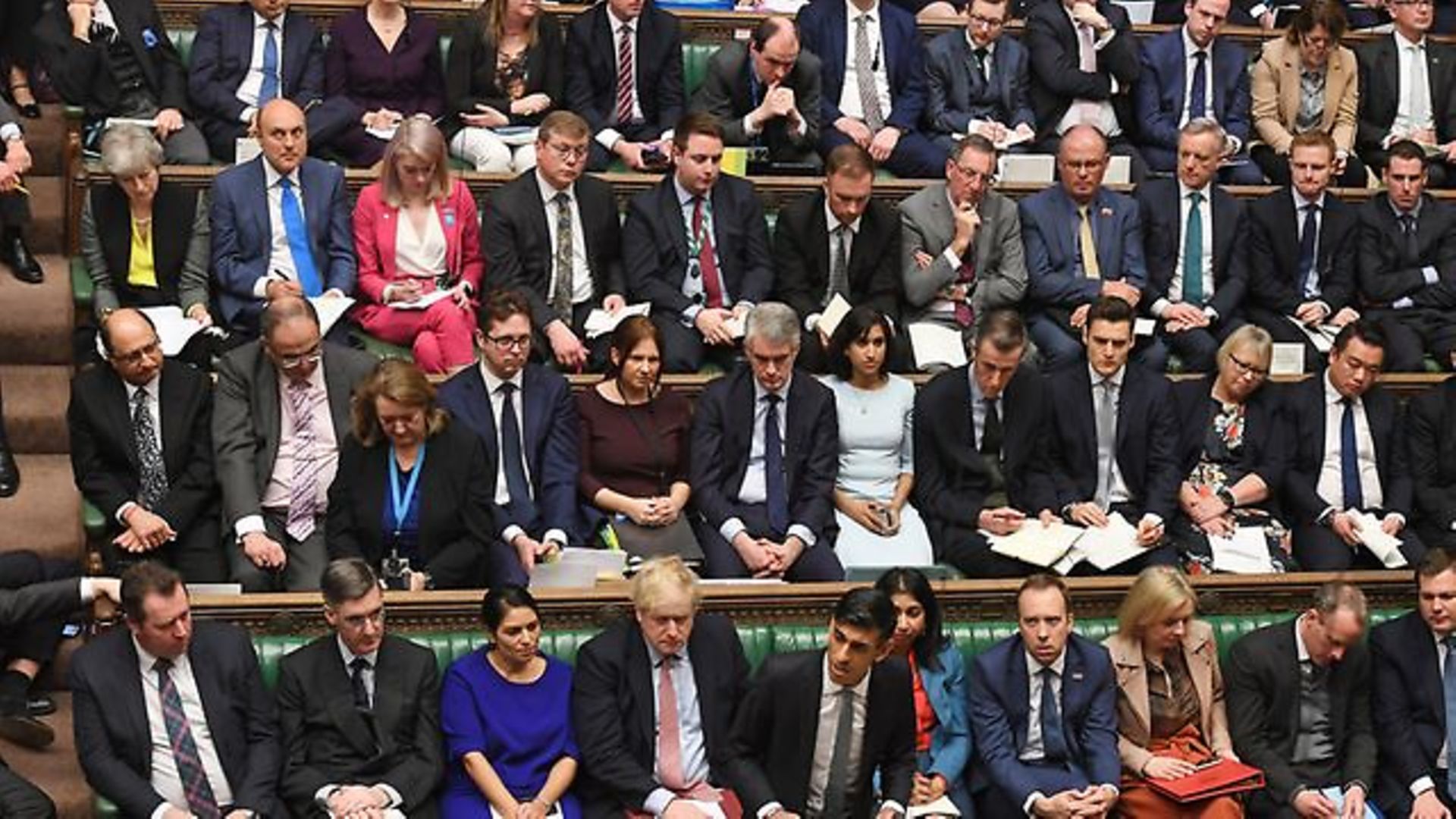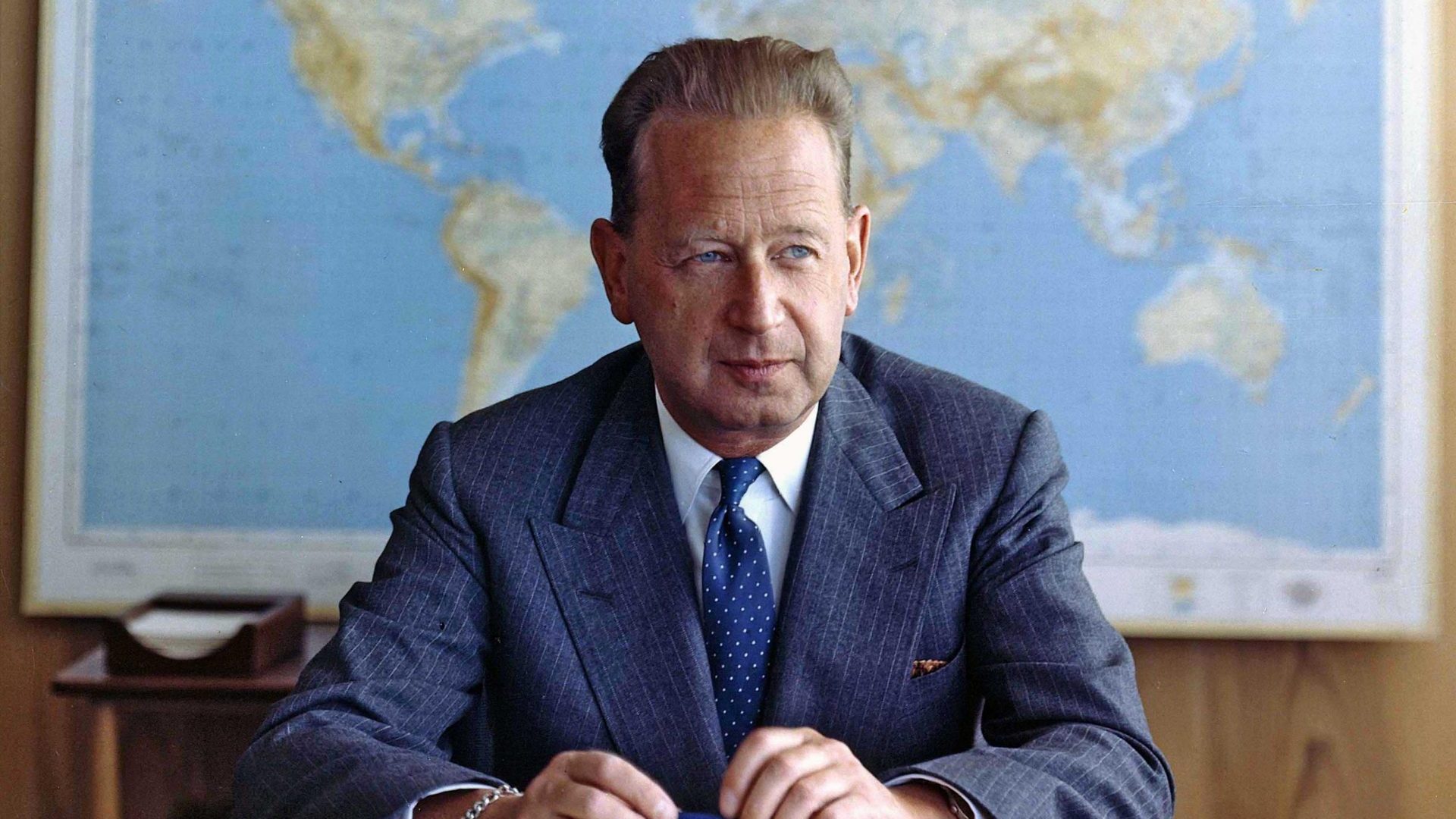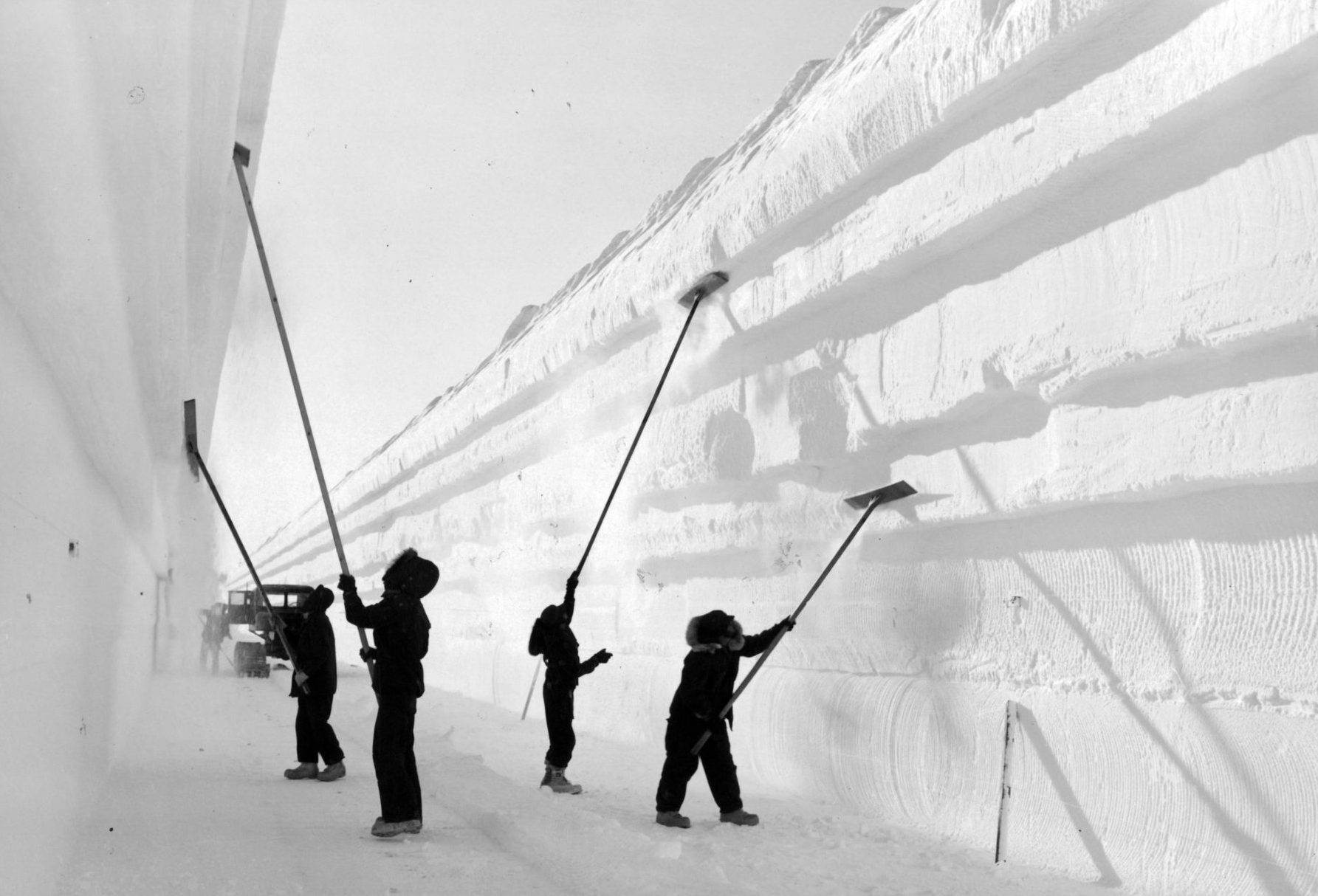
In trying to pick his ‘dream Tory cabinet’ (TNE #259) from the options available, Alastair Campbell has a fundamental problem: the best of the Conservative Party left or were ejected before the last election, when it became the new Brexit Party.
In some ways, I see those that remain and have some understanding of what is happening as worse than Johnson’s own coterie. They have supported action that they know is harming our economy, our social unity and the integrity of the UK.
Peter Trewitt
Bad Penny
I was surprised to see Alastair Campbell recommending Penny Mordaunt as a replacement for Michael Gove. The woman is quoted by France’s former UK ambassador Sylvie Bermann in Goodbye Britannia as claiming in a broadcast during the referendum campaign that Britain would be unable to veto Turkey’s accession to the EU.
We all remember the ludicrous claims made by Leavers but it is possible that their makers believed them to be true. Ms Mordaunt’s was different and, in Mme Bermann’s words, a “mensonge flagrant”.
It took me two minutes Googling to confirm that under Article 49 of the Treaty on European Union no state may accede to the EU unless the accession treaty is signed by all member states in accordance with their own constitutional rules.
Stephen Horne
London N4
Georgia on my mind
As a journalist who has interviewed two Georgian presidents (Shevardnadze and Saakashvili) and two prime ministers (Zhvania and Ivanishvili) and has recently met the current president Salome Zurabishvili, I was disappointed to find a basic factual error in Christoph Baumer’s article (“Thunder in the Mountains”, TNE #259). He claims that “since the revolution of 2003, politics in Georgia has been shaped by the multi-billionaire Bidzina Ivanishvili”. In fact, the latter only founded his Georgian Dream party in 2012.
Until that year, Georgian politics were dominated by Mikhail Saakashvili, who along with Zurab Zhvania and Nino Burjanadze, emerged victorious from the Rose Revolution referred to in Baumer’s piece.
Alun Drake
Strasbourg
Not noir
Peter Trudgill (“Colourful Language”, TNE #258) references TV Nordic Noir in connection with Film Noir. But while Scandinavian gritty crime dramas such as The Killing or The Bridge may be gloomy in the extreme, with their macabre subject matter and their palette of grubby whites, browns and bilious greens; noir they are not.
Film Noir was a genre that flourished in the 1940s and 1950s, with films like Mildred Pierce, Double Indemnity, The Third Man and The Maltese Falcon. The characters, both male and female, were hard-bitten, flashbacks abounded and the aesthetic drew from German Expressionist cinema, with striking camera angles and strong shadows. Orson Welles’ masterpiece Citizen Kane is noir in style, if not in content.
Noir would seem to be one of those words, like iconic, heartbroken, tragic and of course literally, that are used inappropriately. Something for Peter Trudgill to write about, perhaps.
Vera Lustig
Walton-on-Thames
Other Wongs are so right
I enjoyed James Oliver’s profile of Anna May Wong (“Eternal Outsider”, TNE #258), but he might have given more of a mention to her great Hollywood silent role in The Thief of Baghdad (1924), where her ‘Mongol Slave’ character rose above her demeaning status to have her finger on the pulse of all the intrigue: helping the Mongol Army take over the city and dissuading her defeated prince from killing himself. (On which subject, it’s strange how so many of Wong’s characters in British sound films ended up committing suicide).
Wong also kept working for long enough to do an early episode of the Danger Man series, alongside Anthony Chinn, Burt Kwouk and Ric Young – a trio who made frequent appearances together as varying Asian nationalities in the very same instalments of so many British TV formats well into the 1970s.
Bryn Hughes
Wrexham
Tyrant’s typo
Sophia Deboick’s article on Belarusian music (“Tractors and detractors”, TNE #257) was great, but leads me to urge you to make one small change in your editorial policy – a spelling change that affects one letter and will reflect your newspaper’s justified condemnation of the president of Belarus.
The Belarusian language was declared the only official state language, with its traditional spelling, in 1990.
In 1994-5 its new, now vilified, president declared Russian to be a second official language, with its Soviet Russian spelling, as part of his campaign to Russify the country. His name thus has two spellings (transliterated here): the traditional Lukashenka and the Russian-like Lukashenko.
It is the latter that is nowadays used by foreigners, including your newspaper, and when you do, you are aiding and abetting the obnoxious president in his Russification policy. This assistance is, I am certain, unwilling; and it can be remedied very simply – by referring to this detestable man as Lukashenka with a final -a.
Someone may quibble with the comment that both “Lukashenka” and “Lukashenko” are pronounced identically in Belarus and in Russia. This true – in both, the last vowel sounds like the last in English ‘sofa’. But this only applies to the two countries mentioned; elsewhere in Europe, and in all places where English and the other major language are spoken, “Lukashenko,” thus spelled, is pronounced with a final “oh”.
If the news outlets in countries which disagree with this foul individual’s policies all make the change, then his name will be read aloud as ‘lukashenkuh.’ If enough news outlets do the same, their actions will act like “a thousand cuts,” and he will soon begin to smart.
Tom Priestly
Edmonton, Alberta
This, that and thon
In response to Peter Trudgill’s article “Let’s Ponder Over Yonder” (TNE #257), I was reminded that in Perthshire we fairly often used thon when referring to someone known to us.
I wonder if I am correct in my recollection that there may have been a hint of disparagement in our tone? The usage may not have completely disappeared even today
Margot Kerr
Inverness
• Have your say by emailing letters@theneweuropean.co.uk. Our deadline for letters is Monday at 9am for inclusion in Thursday’s edition. Please be concise – letters over five paragraphs long may be edited before printing


